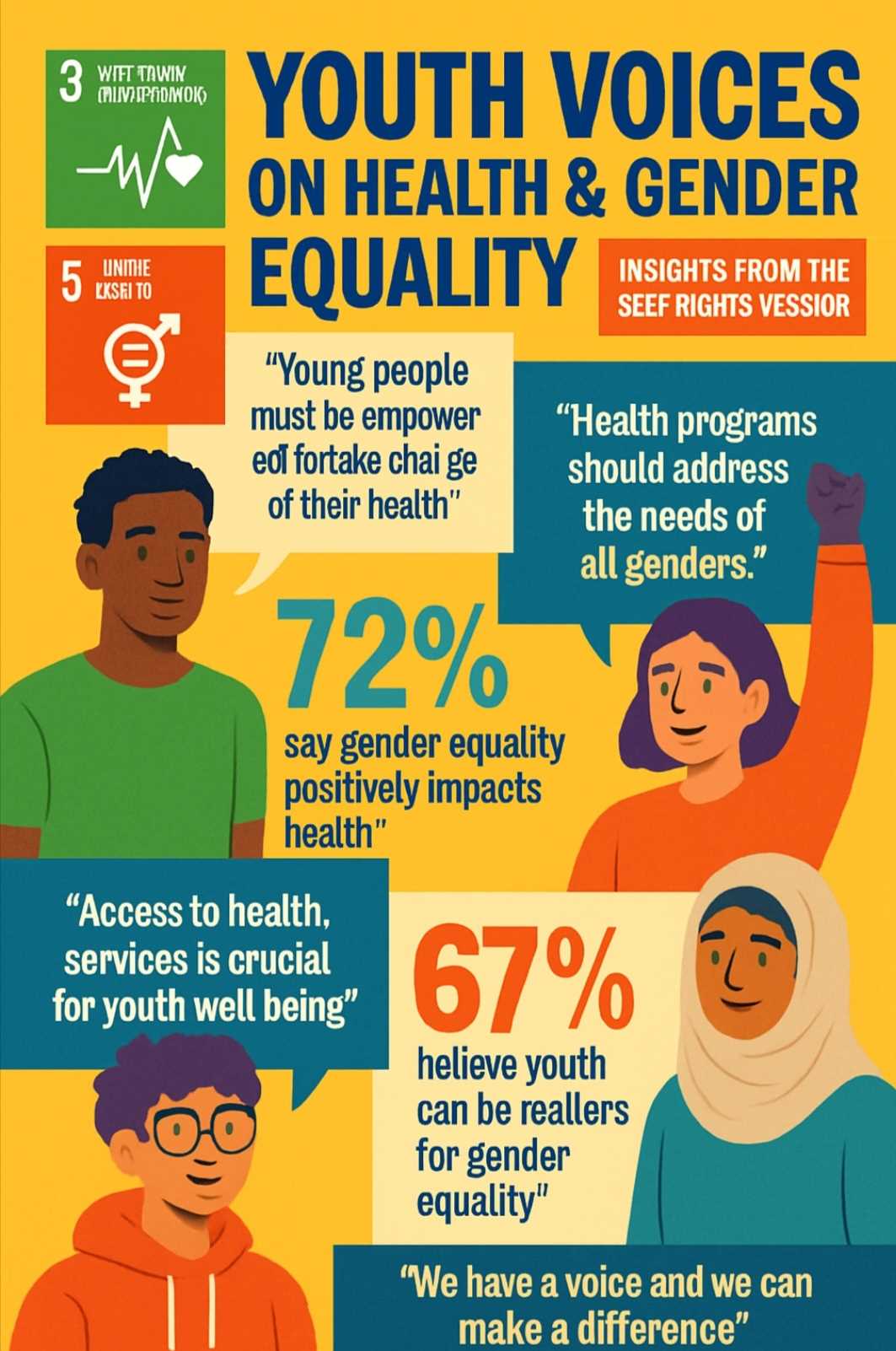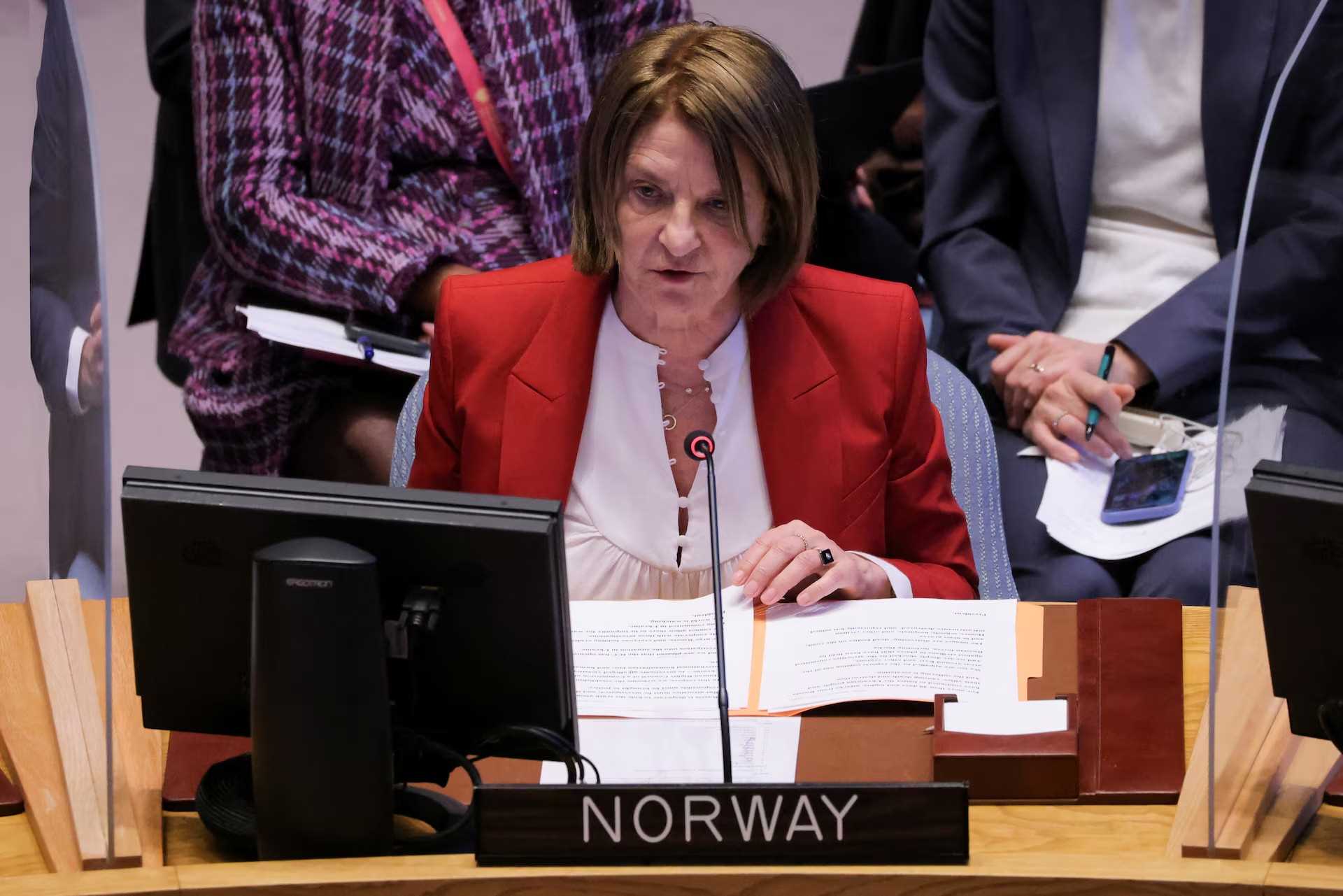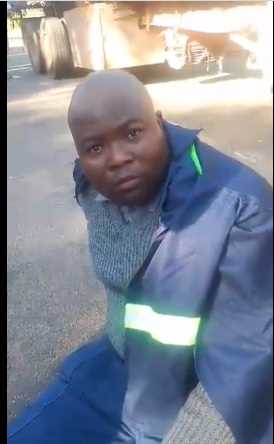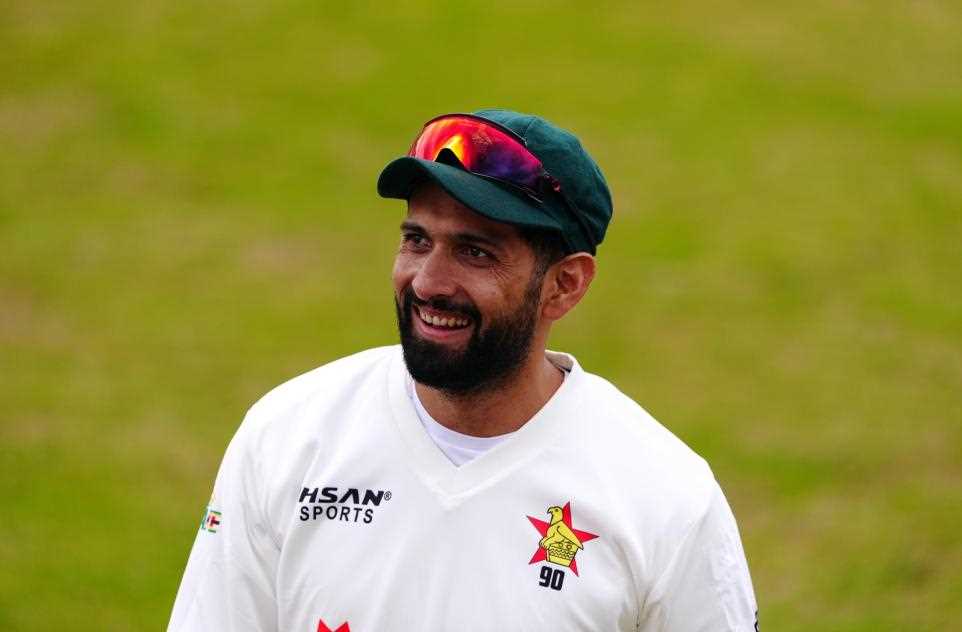
Audrey Galawu- Assistant Editor
At the SHE & Rights session on Sustainable Development Goals 3 and 5, young leaders and advocates from across the globe called for urgent investment in health and gender equality, placing youth at the center of decision-making processes rather than at the margins.
Opening the discussion, Shobha Shukla, Executive Director of CNS and SHE & Rights Coordinator, emphasised that “not just gender equality but the human right to health also needs a youth-led and youth-centric approach in all their diversities and context so that we do not leave anyone behind.”
The call for greater youth agency was echoed by Debanjana Choudhuri, Executive Director of the Women’s Global Network for Reproductive Rights WGNRR, who stressed that access to safe abortion services remains a critical but stigmatized area of sexual and reproductive health and rights.
“When a young person goes to get the service, they are stigmatised and made vulnerable,” she said, adding, “We need to create an environment where young people are not just given a seat but are the heart and soul of movement building.”
In Nigeria, health underfunding remains a pressing concern. Faith Ebere Onuh, representing Y+ Global, highlighted that only 5% of the national budget is allocated to health. “Governments must increase domestic health financing. Youth are not just the future—they are the present too,” she said.
The conversation also underscored the importance of shifting how young people are perceived in global health and rights advocacy. Magdalena Nadya, an IPPF youth networker from East and South East Asia and Oceania, argued: “We must stop seeing young people as mere targets and start recognising them as partners in schools, clinics, and policymaking spaces. Youth leadership isn’t in the future—it’s already here.”
That urgency was reinforced by Maryann Wambugu, Chair of The PACT and Y+ Kenya, who declared: “We the young people are not just the face of the HIV epidemic but also the force that can end it. When you invest in our health, you empower our choices and trust our leadership.”
Related Stories
Other speakers called for greater inclusivity across identities and lived experiences. Monalisa Akintole from Uganda National Trans Forum reminded participants: “We must ensure that youth in all their diversities are included. We can no longer be a token within a system. We all matter.”
Similarly, Nishant Kumar of Y-PEER Nepal insisted that disability must be mainstreamed into gender equality policies “not as a side note but as a core principle.”
From refugee communities, Noor Fatima of the Rohingya Maìyafuìnor Collaborative Network highlighted the double burden of exclusion and invisibility.
“For many of us, health and wellbeing are not just delayed rights—they are denied rights,” she said. “The world must stop looking at refugee youth only through the lens of vulnerability. We are not just survivors. We are strategists, innovators, and leaders.”
The session also spotlighted peer-led models as a way forward. Pooja Mishra, representing Youth Lead Voices, noted that such platforms provide “honest conversations around HIV” and create space to tackle mental health, gender-based violence, and self-stigma.
Closing the discussion, Sonam Phuntsho Wangmo of Y-PEER Asia Pacific, Bhutan, reminded participants of the stakes: “Youths are the backbone of a nation. As our King says, the future of our nation lies with our youths.”
From access to safe health services to meaningful participation in policymaking, the session made one thing clear: youth are no longer content to be passive beneficiaries.
They are demanding recognition as partners and leaders in achieving health and gender equality.



















Leave Comments